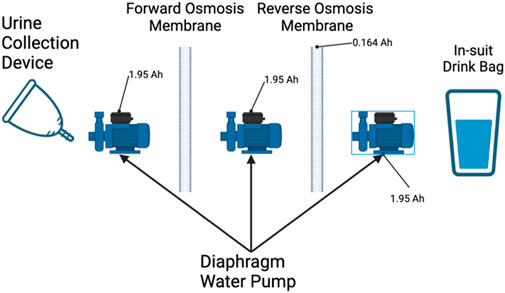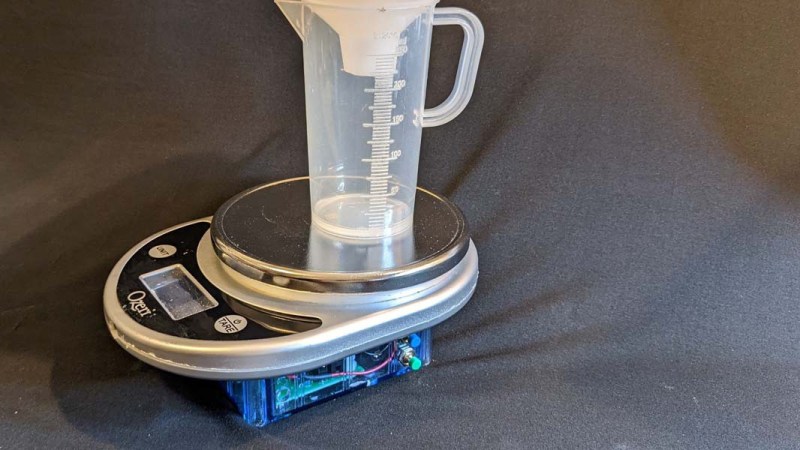Using Forward- And Reverse-Osmosis to let Astronaut EVA Suits Produce Fresh Water From Urine

An uncomfortable reality with the spacesuits used for extravehicular activities (EVA) – commonly referred to as spacewalks – is that the astronaut spends hours in them, during which normal bodily …read more Continue reading Using Forward- And Reverse-Osmosis to let Astronaut EVA Suits Produce Fresh Water From Urine
